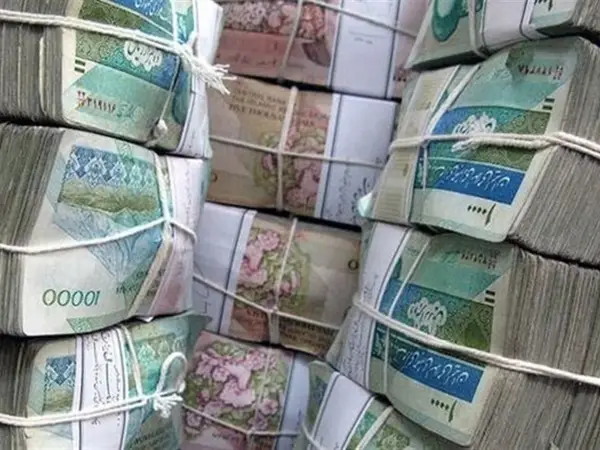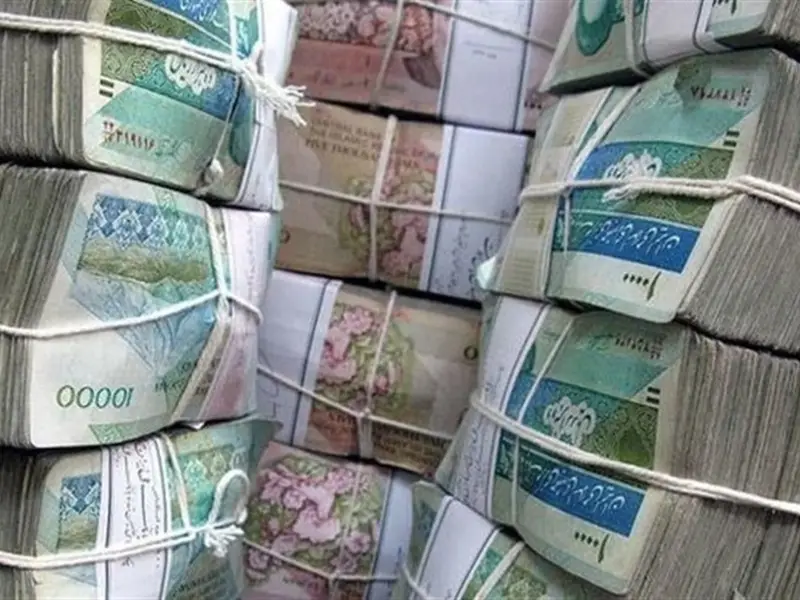A top official of Iran’s tax administration says that tax collection this year has increased by 55 percent, as the government resorts to domestic revenue sources.
United States sanctions on oil exports, Iran’s main source of income, continue with Tehran shipping half as much oil as in the pre-sanction era and selling the oil at a steep discount.
Mojtaba Amiri a top official of tax administration was quoted by the official government news website IRNA as saying that in the first 10 months of current Iranian year, 3,880 trillion rials of all types of taxes have been collected. This would be in the range of $12-13 billion depending on how the exchange rate is calculated.
The government decided last year to boost tax revenues to offset its large chronic budget deficit in the absence of oil sufficient oil income. Iran needs around $50-60 billion in oil exports to balance its budget. Official figures indicate $37 billion of exports, while the reported steep discounts Iran offers to entice buyers cast doubt on the figure.
Amiri said that about two-thirds of tax revenues came from direct taxes, meaning income and business taxes and one third form “indirect taxes”, which could mean import, export and sales taxes.
He also claimed that tax collection targets were met by 113 percent, but earlier reports indicted a 60-percent tax collection success.
Amid a serious economic crisis, more taxes mean an additional burden on citizens and businesses, while major economic enterprises controlled by regime insiders are legally exempt from taxes.
Next years budget starting March 21 relies even more heavily on tax income.

